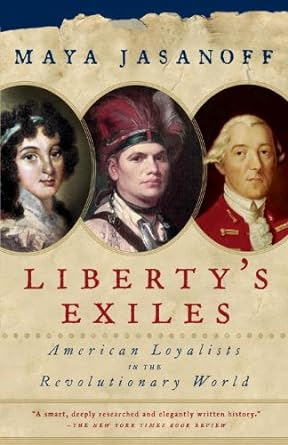SONGS of AMERICA: PATRIOTISM, PROTEST, and the MUSIC THAT MADE a NATION (audiobook) by Jon Meacham and Tim McGraw

Published in 2019 by Random House Audio. Read by the authors, Jon Meacham and Tim McGraw. Duration: 7 hours, 40 minutes. Unabridged. It turn out that historian Jon Meacham and country music star Tim McGraw are neighbors. They decided to work together on Songs of America , a book that looks at the role of music in American politics. They start with songs of the Revolution and work their way forward, hitting songs you've heard of such as The National Anthem (War of 1812) and The Battle Hymn of the Republic (Civil War) and songs you've most likely never heard of. Not every song is war related. For example, the anti-lynching song Strange Fruit by Billie Holiday. There is a nicely done section comparing two still-popular songs from the 1980s - Born in the USA by Bruce Springsteen and Proud to Be an American by Lee Greenwood. I particularly liked the juxtaposition of two Vietnam era songs: The Ballad of the Green Berets by Sgt Barry Sadler (1966) and Fortunate Son by Creeden...















